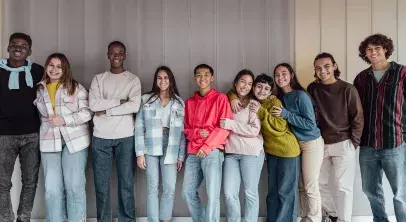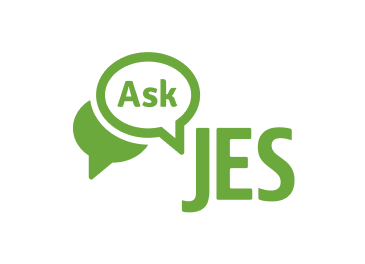Results (7)

Got a Traffic Ticket? Here's What to Do!
Got a traffic ticket in British Columbia? This guide for youth explains your rights, …
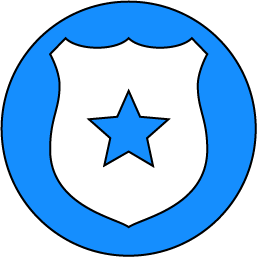
Sextortion & Sharing Intimate Images Without Permission
If someone has shared or threatened to share your intimate images without your consen…

Cyberbullying: What You Need to Know
Facing cyberbullying in British Columbia? This youth-friendly guide explains what cyb…

Drunk and Drugged Driving
Driving under the influence in British Columbia has serious consequences. Learn about…

A Practical Guide for Interacting with Police
Facing a police stop in British Columbia? This youth-friendly guide explains your rig…
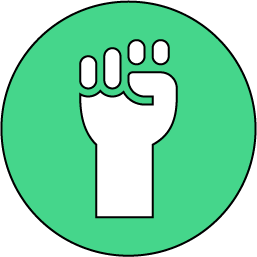
Age Based Rights
Discover your rights and responsibilities at each age in British Columbia—from school…
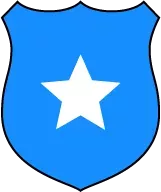 Crime & Police
Crime & Police Money Stuff
Money Stuff Health & Sexuality
Health & Sexuality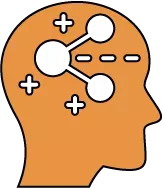 Legal Life Skills
Legal Life Skills Driving
Driving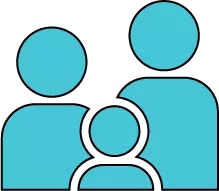 Family
Family Work & School
Work & School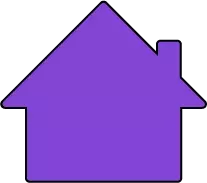 Housing
Housing Basic Rights
Basic Rights





